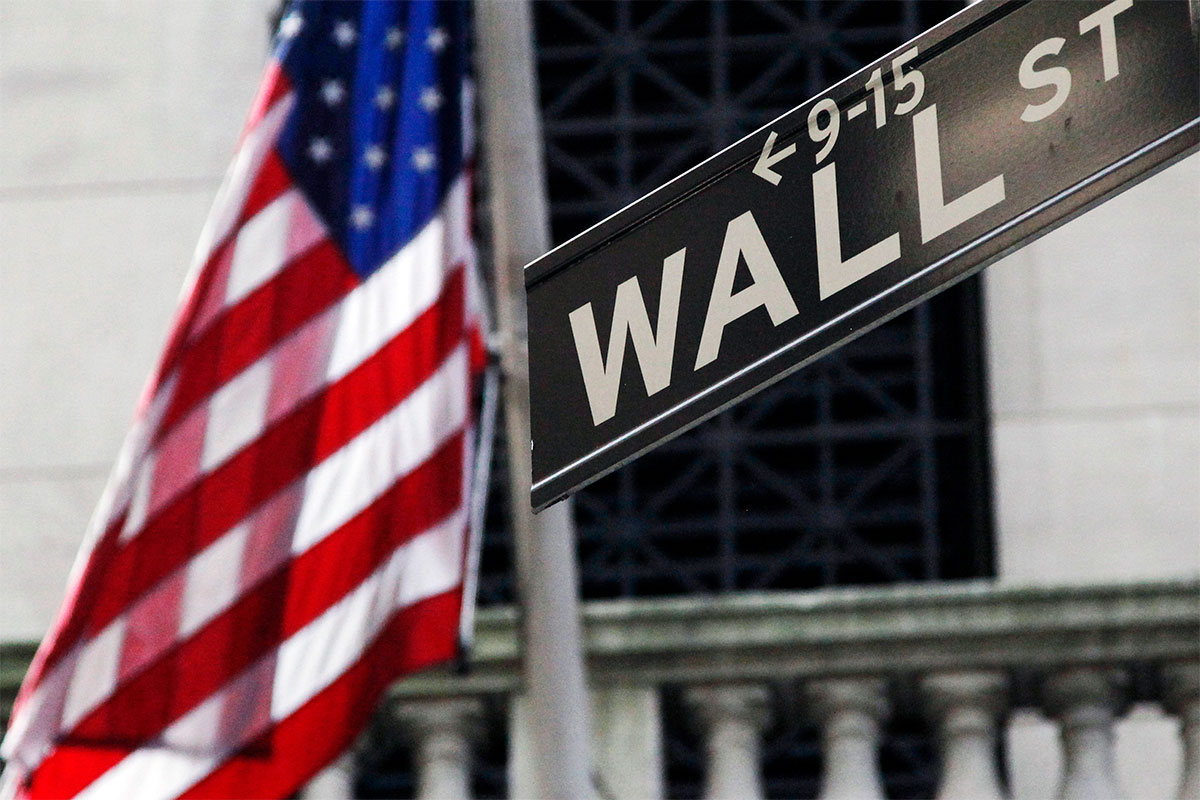The U.S. Federal Reserve holds inordinate sway over the world’s economies—yet it acts, in some ways, like they don’t really matter.
Its power is primarily because of the dominance of the U.S. dollar, which soared in recent months as the Fed’s aggressive interest rate hikes made the greenback more attractive to investors. But this has a downside for other countries because it is fueling inflation, raising the cost of borrowing and increasing the risk of a global recession.
If you only paid attention to the words of Fed Chair Jerome Powell, however, you probably would have no idea this is happening. He hasn’t said a peep in his public speeches about the significant risks to the global economy as central banks jack up interest rates to tame inflation—including the Fed’s 0.75 percentage point increase on Sept. 21, 2022.
This may seem a bit odd that the Fed would appear to be so blasé about the global economy that it arguably leads. Yet as a finance scholar, I believe it makes perfect sense—though there are risks.
The Federal Reserve’s Domestic Focus
The Federal Reserve is mandated to focus on the U.S. economy, and it takes this job very seriously.
While central banks are aware of all global economic data, they focus on their own economies, helping them do what is best for their own nations. In the U.S., that means the Fed is focused on improving the American economy through
stable prices and full employment.
As a result, when the U.S. economy is slowing too quickly and people are losing jobs, such as early in the pandemic, the Fed lowers interest rates—no matter the impact on other countries. Similarly, when the economy is growing but consumer prices are rising too fast, the central bank raises interest rates.

The Fed’s Global Impact
Yet it’s unavoidable that the Fed’s policies will influence economies, companies and citizens in virtually every country in the world.
While all central banks influence the rest of the world, the Fed has a much larger impact because of the size of the U.S. economy—it remains by far the largest in absolute terms—and the prominence of the U.S. dollar in international markets and trade.
Approximately half of the world’s international debt is denominated in dollars, which means countries need to pay interest and principle on what they borrow in greenbacks. The dollar has soared almost 15% this year relative to a basket of foreign currencies, largely as a result of the Fed interest rate hikes that began in March. That means it’s, on average, 15% more expensive to finance those dollar-denominated debts—and for some countries, it could be a lot more.
Moreover, about 60% of all global foreign exchange reserves—that’s the money central banks hold to protect the value of their own currencies—are in dollars. And since most major commodities like oil and gold are priced in dollars, a stronger dollar makes everything cost a lot more for businesses and consumers in every country.
Finally, when U.S. interest rates are high relative to those in other countries, more foreign investment flocks to the U.S. to get more bang for their buck. Since there’s only so much money to go around, this drains investment from other economies, especially emerging markets. And it means they have to raise interest rates to keep foreign direct investment flowing into their countries, which can hurt their local economies.
Risks In A Global World
Unfortunately, focusing solely on the domestic economy has its own risks.
It may sound cliche, but we do live in a global, interconnected world—something demonstrated powerfully by the COVID-19 pandemic and the supply chain issues that repeatedly rippled across the world. American businesses depend on other countries for supplies, workers and consumers.
That means even if the Fed manages a proverbial soft landing and is able to reduce inflation without causing a recession, a global downturn may still ultimately reach American shores. This could threaten much of the Fed’s success if the global slowdown results in international instability or food insecurity.
So while I believe the Fed is correct to keep its focus on the U.S. economy and lift rates as much as it deems necessary, I’ll be looking closely at how the central bank’s economic projections evolve. If the data shows the U.S. economy’s inflation problems diminishing, the Fed may be able to begin to think a bit less about what’s happening in its own backyard and more about the impact of its policies on the rest of the world.![]()
This article is republished from The Conversation under a Creative Commons license. Read the original article.
This MFP Voices essay does not necessarily represent the views of the Mississippi Free Press, its staff or board members. To submit an essay for the MFP Voices section, send up to 1,200 words and sources fact-checking the included information to azia@mississippifreepress.org. We welcome a wide variety of viewpoints.






